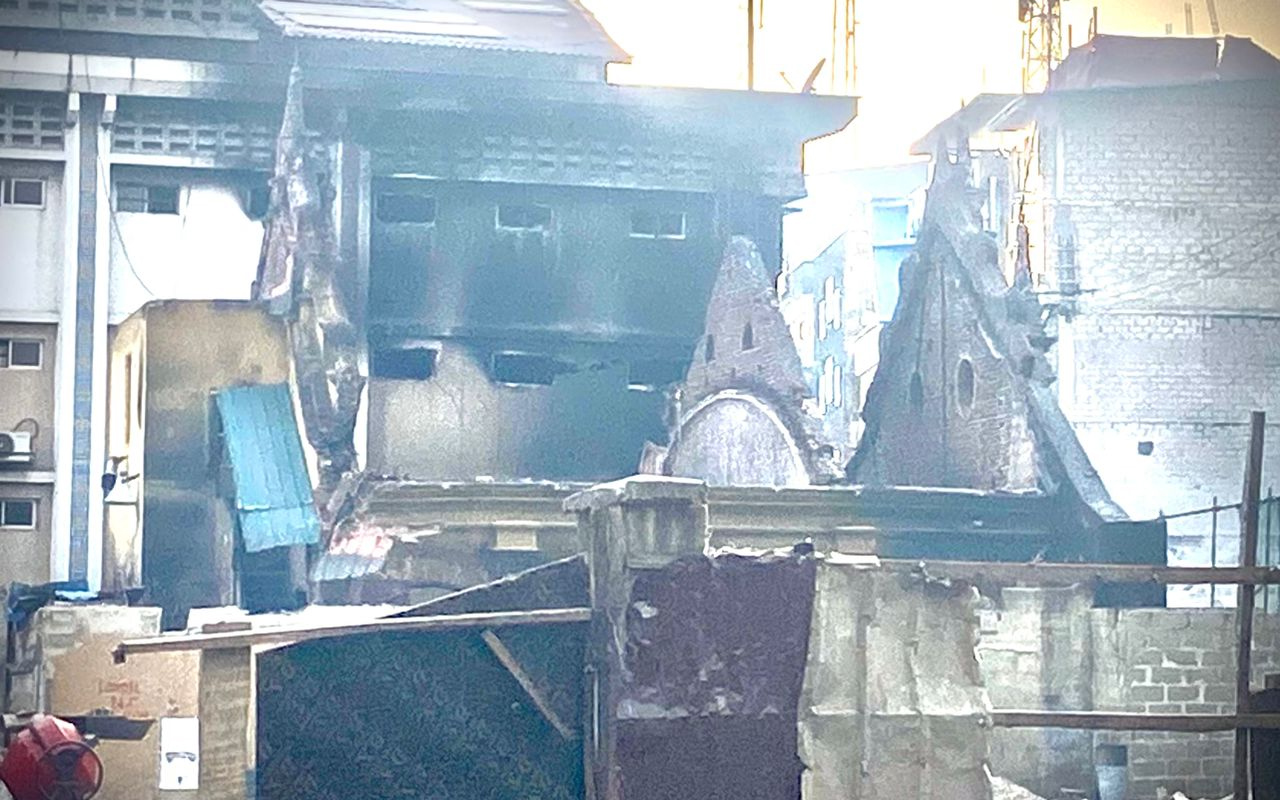Dr. Obinna Ebirim is Abuja based medical doctor, health promotion specialist and vaccine champion. In this interview, with PAUL ADUNWOKE, Ebirim spoke on issues affecting vaccination in Nigeria, to mark this year’s African Vaccination Week.
What is Africa vaccination week?
Every year, in the last week of April, the African Vaccination Week (AVW) is celebrated. During this week, Civil Society Organisations (CSOs) and stakeholders use various medium to raise awareness on the value of vaccines using a selected theme with the ultimate goal of increased access to vaccines, reduced morbidity and lives saved. The theme for 2022 is “Long Life For All”. This is a call to make vaccines, known to save lives and make people live longer, work for all. We saw recently, how the global COVID-19 vaccination, largely for adults, has helped in the control of the COVID-19 pandemic including the reduced number of deaths. We have also witnessed how routine childhood vaccination has lead to reduced deaths due to polio, measles, whooping cough, and pneumonia. So, vaccines work for all and vaccines save lives. Nigeria is yet to attain its target immunisation coverage rate for adults and children, which means that vaccines are yet to work for all Nigerians. Although some gains have been made as the immunisation coverage rate has increased, key milestone reached in global polio eradication, greater Religious and Traditional Leader’s participation and influence in reducing vaccine rumours and hesitancy, and immunisation systems more strengthened.
What are challenges facing vaccination programmes in Nigeria?
It is the demand and supply-side gaps that still exist that have limited the ability of vaccines to confer long life for all Nigerians. Some religious and traditional beliefs still stop some from accessing vaccination programmes in Nigeria.
The health facilities where vaccines are administered are sometimes far away from where people reside with poverty limiting ability to pay transportation and limited programme funds limiting ability to hold outreaches in which vaccines are administered in residential communities, closest to the people. There is still gap in the required number of cold chain equipment, which limits the amount of vaccines that can be properly stored in a manner that it is readily available at the last mile. These led to stick outs, ran outs and missed opportunities even when the public overcome all odds to demand for vaccines.
Also, vaccine procurement is largely financed by loans and donor support due to inadequate domestic vaccine financing. We are yet to achieve our local vaccine production goal although efforts are ongoing including the recent attainment of the maturity level 3 regulatory authority by National Agency for Food and Drug Administration and Control (NAFDAC) and the launch in September 2021 of the Nigeria Vaccine Policy. Local Vaccine Production will build local vaccine research and development capacity, create more jobs and remove international transport and logistics cost in Nigerian vaccine financing. There are other issues limiting vaccine access to all including gaps in required human resources, capacity and technical ability and quality assurances.
What are your recommendations for successful vaccine programmes in Nigeria?
As we mark this African Vaccination Week, we commend the government of Nigeria and immunisation partners for the successes attained in the immunisation programme so far, while calling on them to do more to ensure access to vaccines for all Nigerians who need them such that we attain our vaccination coverage rates get more lives are saved Nigerians will live longer.
We must be intentional in breaking the existing vaccination inequities and ensure that vaccines work for all irrespective of gender, class, educational status or geographic location in Nigeria.
What is your advise to all Nigerians?
Getting vaccinated and vaccinating your children is a responsible thing to do. Vaccination protects self and others in the community. Thus, during this African Vaccination Week, Nigerians are called upon to get vaccinated and vaccinate their children as at when due. Vaccines are safe and pass through a rigorous process before being approved for human use. Overtime, you can see that the false predictions and rumours of mass death, infertility, chips and others being spread by anti-vaccine groups and persons never came to pass as vaccinated persons are still alive and thriving. Do not believe them but get vaccinated today because vaccines save lives, improve longitivtiy, improve cognitive development, saves cost of treating vaccine-preventable diseases and protects your community. Get vaccinated today.






